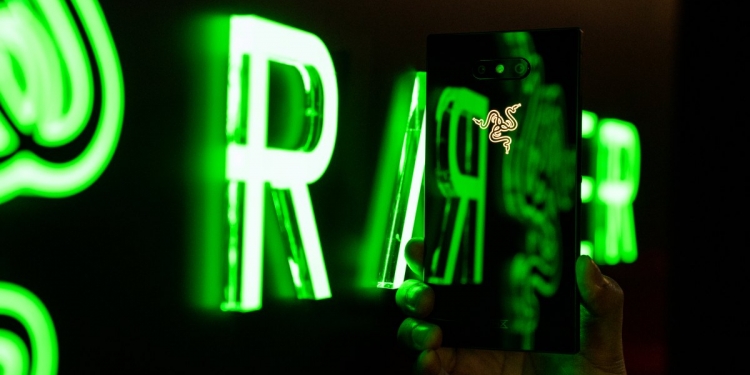Razer is a company that is famed for its gaming peripherals and equipment—although they’ve branched into fintech with the introduction of Razer Pay. Now, the Singaporean company is moving towards the digital banking scene, with news surfacing that the company is teaming up with a consortium of companies to apply for a full digital banking license (Razer will hold a 60% stake) in Singapore.
The next step, according to Razer, is to set up the world “first global youth bank”: Razer Youth Bank. That certainly makes sense when you take into account the following that Razer has within its user base—the youth segment of the market. According to a CNA report:
“Razer Youth Bank plans to create the financial well-being companion for the youth that empowers financial literacy, provides fair and transparent product offerings, creates a hyper-personalised banking experience that is fun and engaging and embraces the digital economy in transition to a cashless society.”
In addition to that, the Razer Youth Bank also aims to work with micro entrepreneurs and small businesses, which traditionally face challenges to gain capital during initial stages. This will be done through “innovative structures and credit scoring methodologies”.
The digital full bank license will allow Razer to accept deposits from and provide banking services to retail and non-retail customer segments, with the Monetary Authority of Singapore (MAS) set to issue up to two digital full bank licenses.
The awardees of the licenses are expected to be announced sometime in the middle of 2020, with other entities such as Grab and Singtel also reported to be interested.
As it stands, the digital bank license should theoretically allow Razer to further diversify its business. According to analysts led by Ken Chong:
“Upon obtaining the license, we believe Razer would leverage on its 70 million registered user base across its software offerings to cross-sell more financial products. This would likely include insurance and wealth management products offered by Razer’s ecosystem partners, while Razer would contribute its traffic and data of its core user base of game enthusiasts.”








